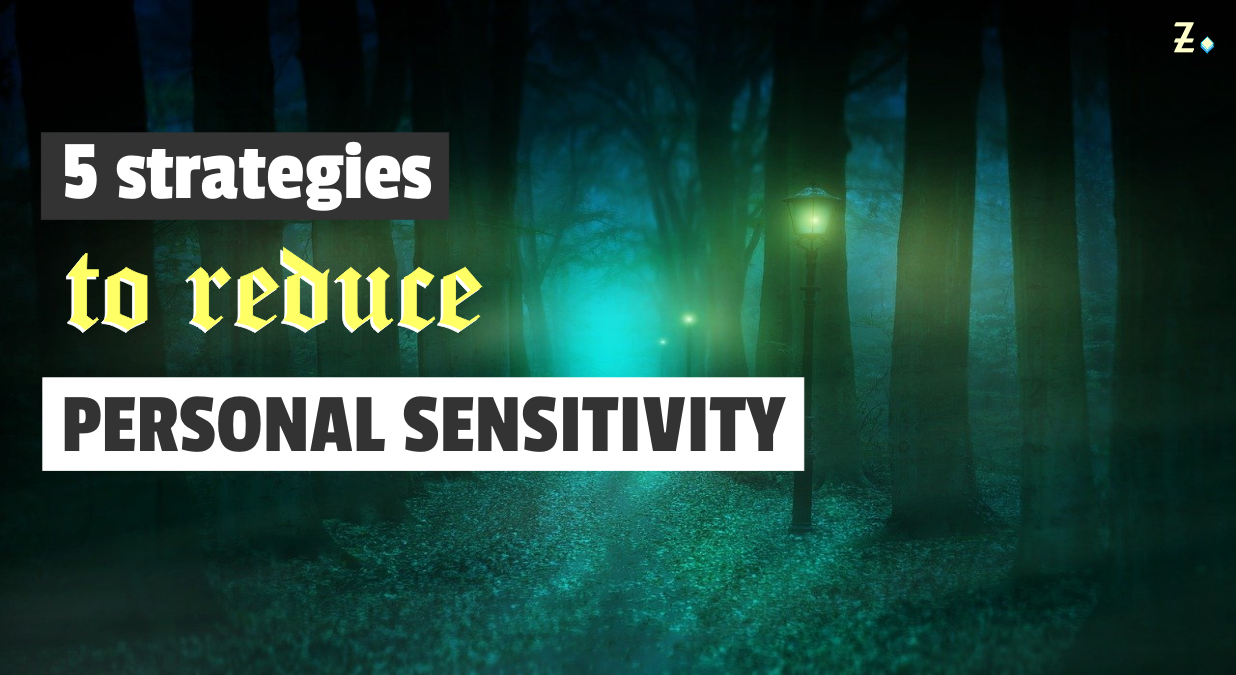Personal sensitivity means reacting strongly to various things like criticism, perceived slights, or emotional situations. It’s being easily influenced by what others say or do, often taking things personally even when they’re not meant that way.

Highly sensitive people may feel intense emotions like hurt, anger, or sadness, even over small things.
Sensitivity also can be influenced by things like personality, past experiences, and biology. Some sensitivity is normal and can be good, but too much can cause emotional distress, strain relationships, and make it hard to handle everyday problems.
So reducing personal sensitivity means learning ways to handle emotions better, understand yourself more, and become stronger against outside influences.
This includes some techniques like mindfulness, empathy, setting boundaries, and changing negative thoughts.
These techniques help people stay calm and rational in situations that might normally upset them.
Let’s delve into some of the key components that can be handled easily.
1. Mindfulness and Self-Awareness: Practice mindfulness to watch your thoughts, feelings, and reactions without judging them. Self-awareness helps you identify what triggers your sensitivity and why it affects you. With mindfulness, you can decide how to respond instead of reacting impulsively.
2. Develop Thick Skin: Train yourself to be less affected by criticism or negative feedback. Remember that not all feedback is personal; sometimes it reflects the other person’s perspective or issues. Focus on constructive criticism that helps you grow, and let go of unnecessary sensitivity to avoid stress.
3. Practice Empathy: Empathy helps you understand others’ perspectives and feelings, making it easier to not take things personally. When you realize that people’s actions or words come from their own experiences and emotions, you’re less likely to feel hurt or offended by them.
4. Set Boundaries: Set clear boundaries to protect your emotions. Communicate your needs and limits clearly but respectfully. Learning to say “no” when needed and taking care of yourself can prevent feeling overwhelmed or overly sensitive.
5. Challenge Negative Thoughts: Replace negative thoughts with more balanced and rational ones to reduce sensitivity.
By implementing these strategies consistently, you can gradually reduce personal sensitivity and build emotional resilience. This will enable you to handle challenging situations more effectively, leading to healthier relationships and a more fulfilling life.